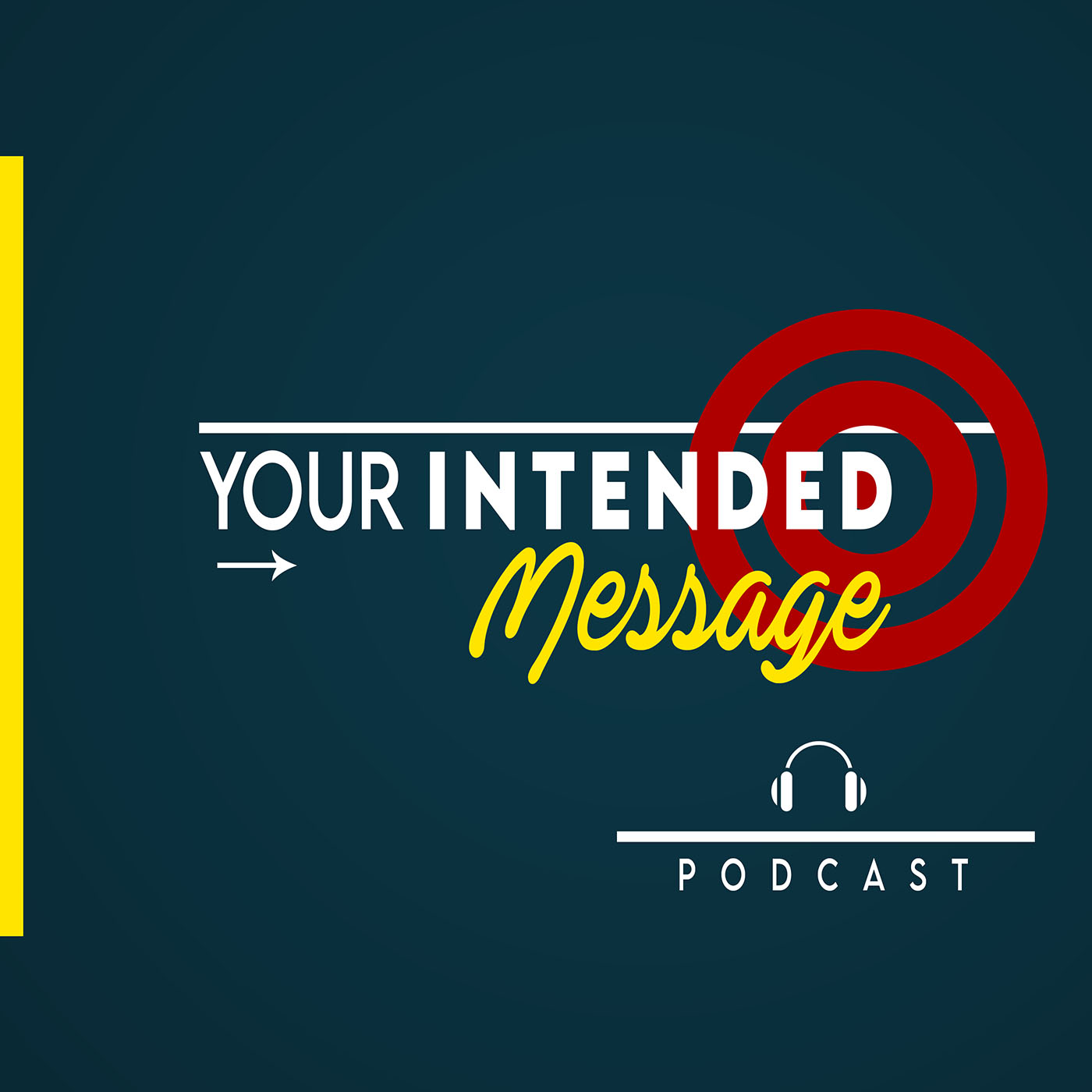
Jackie Stavros and Cheri Torres challenge us and guide us on how to create and participate with more productive conversations - both with ourselves and others.
Episode 94 (Jackie is based in Michigan. Cheri is based in North Carolina)
In this conversation we explore:
About my guests:
They are co-authors of the book, Conversations Worth Having: Using Appreciative Inquiry to Fuel Productive and Meaningful Engagement
Learn more about Conversations Worth Having and the free resources here.
Jackie Stavros is known for creating a program called SOAR. That's a positive approach to strategic thinking, planning and leading. She's worked in 25 countries using appreciative inquiry to help 1,000s of people.
Cheri Torres is a serial entrepreneur having started one nonprofit and two for profit organizations. She holds a Master's in transpersonal psychology and PhD in educational psychology.
Excerpts from this conversation with Jackie Stavos and Cheri Torres
02:50
The book is called Conversations worth having. And it is it's focused on the idea that everything we do happens in conversation, whether in conversation with others, or a conversation with ourselves.
And so if we want to have the outcomes we are hoping for, we need to be careful about the conversations we have, we need to choose to have conversations that move us towards what we want conversations that invite strong relationships, and bring us well being as well in the way we engage in those conversations.
03:33
Now, I'm curious, I imagine that all conversations, start with the conversation with ourselves. And I'm also wondering, How much control do we have over those self conversations?
03:48
That's a great question, George. I think if you're aware of it, and we're talking about it now, you are you have an intention to decide, am I going to come into a conversation above the line from an appreciative space?
Or, you know, am I am I below the line? And in our book, we talk about the importance of tuning into yourself, and simply asking a question, Where am I?
Am I above the line, or that depreciated place below the line. And if you're below the line, and you're listening to this, just try this technique to pause. Take a deep breath, see how that feels in you and get curious and just pausing and breathing. Get you to move above the line. It just resets your whole body mindset.
04:33
Jackie, I want to clarify what the line represents.
04:37
So imagine a straight line. If you're above the line, that's called an appreciative space where I value you, George, I value the situation that we're in. And I want to add value so that's appreciation.
If you're below that line, you're in that depreciated space where you know I may not be valuing you I may not value the situation. mission.
And sometimes, if you don't think about your intended message, you could fall, the words can take you below the line. And even if you don't get enough sleep or have enough water, or, you know, just just your physiologic can push it below that line. So think about where am I?
-----
12:57
Now, Sherry, I noticed some, some powerful wisdom in there and advice. And what, what resonated with me is that when one when we think we're being criticised that instead of responding in anger, or defending, or counter attacking, we respond with curiosity.
13:26
Hey, George, that's exactly right. Get curious.
Jackie mentioned that tuning in that, can we be intentional with our conversations?
That when you someone criticises you, it's normal to feel defensive, or like wanting to lash back.
But if you pause, that interrupts that pattern, and it also interrupts the, the biochemical soup that is starting to be dumped into your system.
And if you then take several deep breaths, which is what Jackie mentioned, that deep breathing kicks in the parasympathetic nervous system, which further tamps down the cortisol and testosterone, and then getting curious is a positive emotion, which pushes you into the executive functions of the brain, where you can ask a question, you can be intentional with your conversations.
14:27
And I just add that there's a magazine behind me that says the business case for curiosity. So Harvard Business Review did an article on the business case for curiosity for business leaders, and there, you think about their intended messages.
And if you were to just look up curiosity, all the health benefits of curiosity. And if you're naturally curious, it's easier it's more natural. You'll be asking general questions.
-----
----more----
In these interviews we will explore presentation skills, public speaking, conversation, persuasion, negotiation, sales conversations, marketing, team meetings, social media, branding, self talk and more.
Your host is George Torok
George is a specialist in communication skills. Especially presentation. He’s fascinated by the links between communication and influencing behaviours. He delivers training and coaching programs to help leaders and promising professionals deliver the intended message for greater success.
Connect with George
www.SpeechCoachforExecutives.com
https://www.linkedin.com/in/georgetorokpresentations/
https://www.youtube.com/user/presentationskills

 Build Trust Fast: Lessons from a War Zone Spy: JJ Brun
Communication Techniques from a Retired Spy
Why Deception Fails: The Rule for Ra
Build Trust Fast: Lessons from a War Zone Spy: JJ Brun
Communication Techniques from a Retired Spy
Why Deception Fails: The Rule for Ra
 Storytelling for Business Leaders: Graham Brown
The Three-Box Storytelling Framework
The Hidden Psychology Behind Stories that C
Storytelling for Business Leaders: Graham Brown
The Three-Box Storytelling Framework
The Hidden Psychology Behind Stories that C
 Servant Leadership in Business: Jim Hardwick
When You Serve First, Business Follows
How a Servant’s Heart Builds Trust, Teams
Servant Leadership in Business: Jim Hardwick
When You Serve First, Business Follows
How a Servant’s Heart Builds Trust, Teams
 12 Communication Lessons from David Copperfield
How David Copperfield Creates Belief
What a Master Illustionist Taught Me about
12 Communication Lessons from David Copperfield
How David Copperfield Creates Belief
What a Master Illustionist Taught Me about